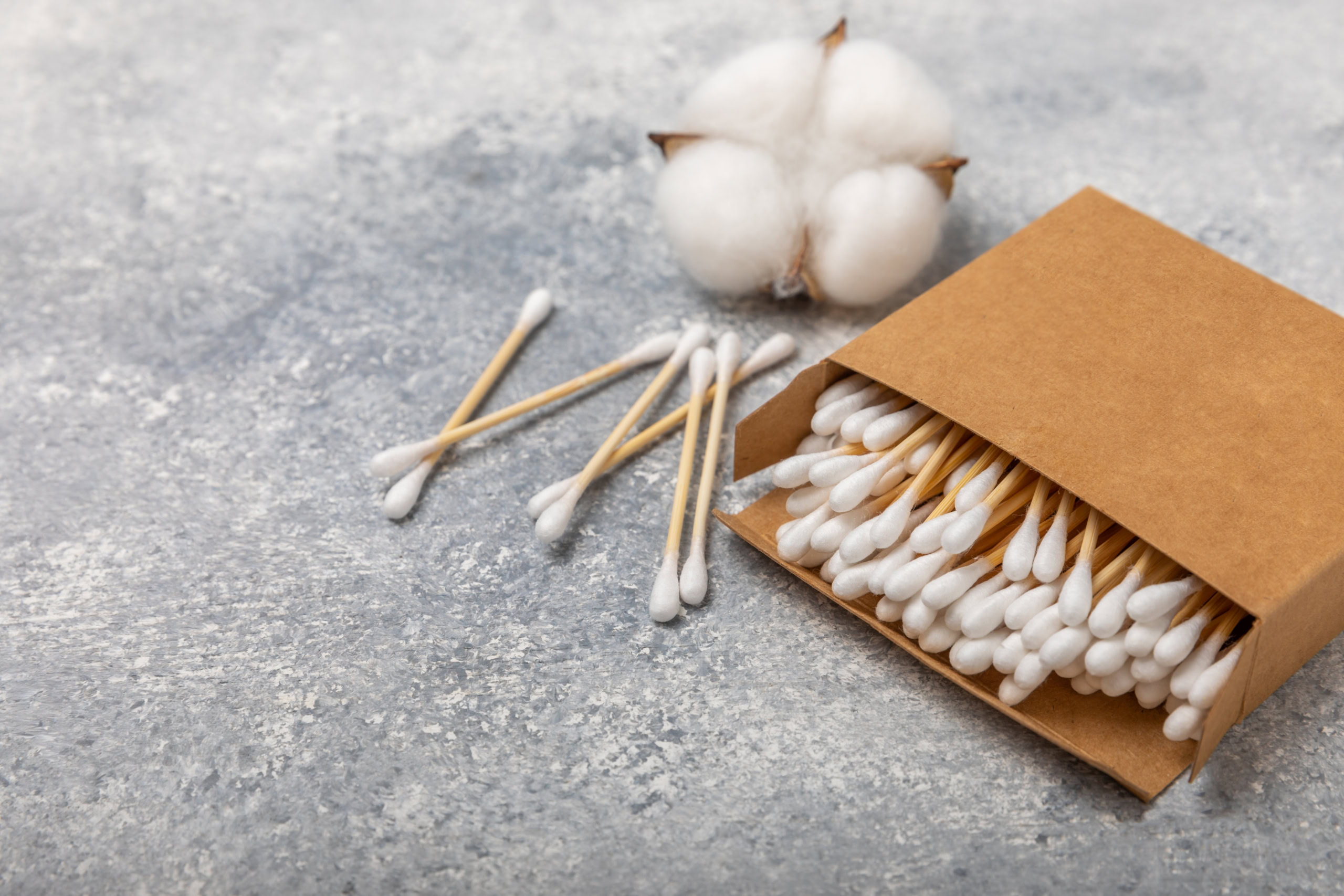How Should I Deal With Earwax Difficult to Remove?
Hanafi Fiqh
Answered by Ustadh Sufyan Qufi
Question
How should I handle excessive earwax on the outer ear during Ghusl?
Answer
I pray this finds you in the best of states.
No, you do not need to remove the earwax on the outer part of your ears before completing your ritual bath (ghusl). This is the Fatwa position. [Ibn Abidin, Radd al-Muhtar]
Indeed, we have to wash our bodies in order to achieve a valid ritual bath.
Allah, Most High, says: “O believers! When you rise up for prayer, wash your faces and your hands up to the elbows, wipe your heads, and wash your feet to the ankles. And if you are in a state of ˹full˺ impurity, then take a full bath.” [5.6]
Nonetheless, because of the hardship we are facing in achieving a thorough removal of every dirt on the body, there is leeway for us not to bother removing it. Accordingly, any dirt produced by your body is excused. Thus, because the wax on your outer ears is from the natural dirt produced by your body and because there is clear hardship in completing a thorough removal, it won’t prevent the validity of your ritual bath even if it is not removed. [Ibn Abidin, Radd al-Muhtar]
Allah, Most High, says: “[Allah] laid upon you no hardship in the religion” [22.78]
Outer ear vs inner ear
As mentioned in a previous answer at SeekersGuidance, during the ritual bath (ghusl), you are expected to wash the outer ear, including the opening of the ear canal- namely, the same place you reach during the ritual washing (wudu) by inserting the tip of your little finger. You do not wash inside the ear canal as this is harmful.
Please see: How Deep Should I Wash My Ear During the Ritual Bath (Ghusl)?
And Allah knows best.
[Ustadh] Sufyan Qufi
Checked and Approved by Shaykh Faraz Rabbani
Ustadh Sufyan Qufi is an advanced seeker of knowledge, originally from Algeria, who grew up in France. He began searching for ways to learn Islam reliably and was disappointed at the answers he found locally.
Then, he connected with various traditional teachers and gradually connected with SeekersGuidance. He embarked on his journey of learning through the various teachers at SeekersGuidance, including his mentor, Shaykh Faraz Rabbani.
He studied numerous texts in Islamic Law, Theology, Hadith, and other areas with Shaykh Faraz Rabbani and other teachers, including Shaykh Abdurrahman al-Sha‘ar, Shaykh Ali Hani, and others.
He is an active instructor at SeekersGuidance and answers questions through the SeekersGuidance Answers Service.
